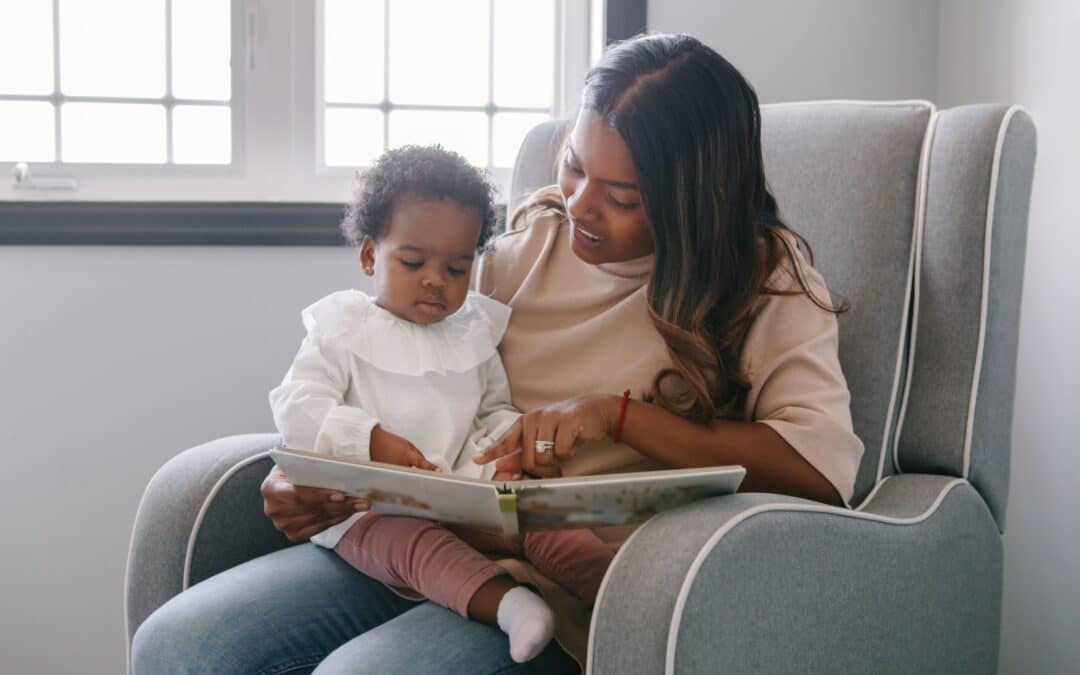There is way more to learning than about fractions and history facts. Kids need to be impacted with life-saving skills that may come in handy when we least expect it.
If 2020 taught us anything, it’s that one of the most important life skills you can have is the ability to adapt and be flexible when needed. So today, I’ll be sharing what I think are skills parents and guardians should teach kids of different ages.
FOR TODDLERS AND PRESCHOOLERS
- Learning to put dirty clothes in a hamper/laundry basket
Pssst, this also a life skill for husbands and teenagers. It can help if you designate one hamper for each kid so even your toddler (or, ahem, spouse) can learn to be responsible for their own dirty clothes.
- Know they can say ‘no’ to tickling
Tickling is all fun and games — well until it’s not. The second your toddler says “stop” when being tickled should be the very second the tickling stops. Because they have the right to control who touches them, and when they should be touched.
- Know they can say ‘no’ to kisses and hugs
The same rule as the previous point applies here: Your child/toddler should learn from an early age that they don’t “have” to kiss or hug any family member or friend if they don’t want to. The act of saying “NO” should not be an alien concept to them. Period.
- Speak for themselves as they are able
Obviously, this applies to older kids, but whenever possible, encourage your toddler to speak for him/herself.
From someone asking a question such as, “How old are you?” to the waiter asking what they’d like to drink or eat, it can be helpful if your child learns they can speak up in their own voice and voicing their preferences. (And of course, some of their requests might be denied, but that in itself is another learning curve.)
PRIMARY SCHOOLERS
- Handle an emergency
Does your child know what to do in case there’s a fire? Or would they be paralyzed by fear if there was a medical emergency and you were incapacitated? Or would they know how to get help immediately?
- Knowing your phone number
Let’s be honest, like really honest, how many of us remember phone numbers anymore? They are saved into our phones so there’s really no need. But what if something happens, like your child getting separated from you, knowing they have your number memorized could be crucial.
- Having a safe word
Whether it’s a word just to express that he/she needs a little extra hug today, or a word to signal she is uncomfortable and wants to come home from a play date, having a “just between us” word or phrase can be an easy way to help your child get help when they need it.
- Standing up for themselves
Even though you probably taught them at a young age that they’re in control of their bodies, primary-school age is a great time to reinforce that if something feels wrong all they have to do is to speak up.
The same is true if they don’t want to go somewhere with a known person or stranger, do something a friend is suggesting (that they know they aren’t supposed to do), or any other challenging situation.
Have an intentional conversation with your child about this ahead of time, so they know that just because someone is a grown-up or a friend, they don’t have to do what they’re asking. Reinforce that you’ll have their back whenever they make the “NO” choice.
SECONDARY SCHOOLERS + TWEENS
- Know how to say ‘I’m sorry’
To be clear, doing this is a very, very difficult thing for anyone, let alone a tween dealing with all sorts of difficult emotions. I hate to be the bearer of bad news, but this skill is best taught by modeling. So, practice what you want them to learn.
- Identify a reputable source
Today’s kids are growing up online, so it is important that they should be able to differentiate between a reputable and non-reputable news source.
Walk them through a quick checklist of how to vet something they read or seen on the internet before they decide to believe it or not.
Seemingly “small” things matter in more ways than one. If you can make a habit of teaching your child/children/wards to see the different ways we all move through the world, like how someone in a wheelchair might need wider doorways, or how someone with a hearing impairment might have added challenges due to masks, you can raise adults who realize that their own world view is not the only one that matters.
And after reading this post, I am sure you can think of at least one adult that could really use this lesson too, right?
Remember that we are here to attend to children from toddler to adolescent stage. You can start by booking an appointment and one of the members of our helpful team would be happy to attend to you. And if you have any questions or general inquiry, feel free to contact us




Recent Comments